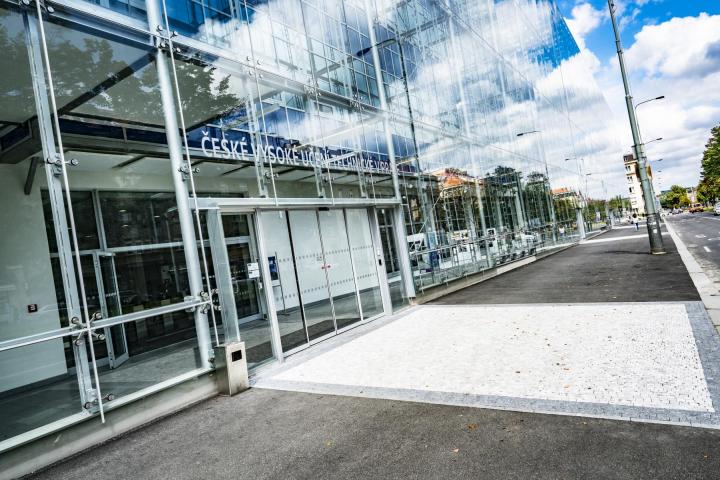
On the occasion of twenty years of existence, Quacquarelli Symonds has prepared the biggest methodological change since its inception for this year's evaluation. Unfortunately, these new indicators, as well as the change in the importance of the existing ones, meant that CTU's overall result was downgraded for the first time since 2019, and for 2024 it is in 454th position in the QS Ranking. However, it remains one of the top five hundred schools in the world, and is third in the Czech Republic behind Charles University and Masaryk University.
CTU has improved its performance in several key categories; the university has improved by 33 places compared to last year in both teacher-student ratio (161st best in the world) and employer reputation (259th best in the world). In academic reputation, it climbed 24 positions (403rd in the world). Together, these categories represent 50% of the overall ranking.
One of the reasons for the drop in the ranking is the newly measured area of sustainability, where CTU has not yet collected data and thus has not provided the required measurement data. Paradoxically, another drop was caused by the area of graduate employability. Although CTU has a result here of almost 100%, since the Czech Republic is one of the countries with the lowest unemployment in the world, CTU did not score as high in this area as other schools with a similar result, but in countries with higher unemployment.
"CTU welcomes the change in methodology. We understand that the evaluation must reflect the complex world of higher education. And of course, we intend to improve our performance in the new indicators and confirm our position as one of the best technical universities in the world," said Vojtech Petraček, Rector of CTU. According to him, there is also room for improvement in the number of professional citations.
The Rector also recalled that the indicator with a lower rating this time was the area of international students for the CTU: "Unfortunately, the effects of the covid pandemic, which did not really favour admission of new students from abroad, were also reflected here."
The World University Rankings have been compiled by QS since 2004. The results cover nine criteria: academic reputation, employer reputation, number of citations per academic, ratio of international academic and research staff, ratio of international students, student-teacher ratio, international research network, graduate employment outcomes and sustainability. The first two criteria are assessed based on a global survey of global academics and employers, while citations and IRN are determined based on data in Elsevier's Scopus database. The remaining criteria use a combination of internal university data and publicly available data (e.g. lists of highly successful alumni).
A detailed description of the QS World University Rankings methodology is freely available at:
https://support.qs.com/hc/en-gb/articles/4405955370898-QS-World-University-Rankings